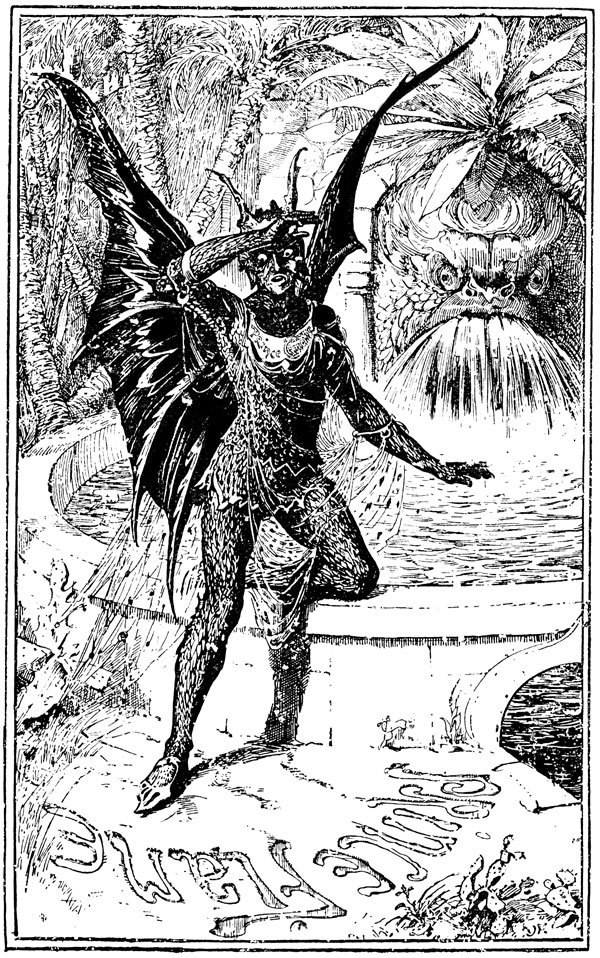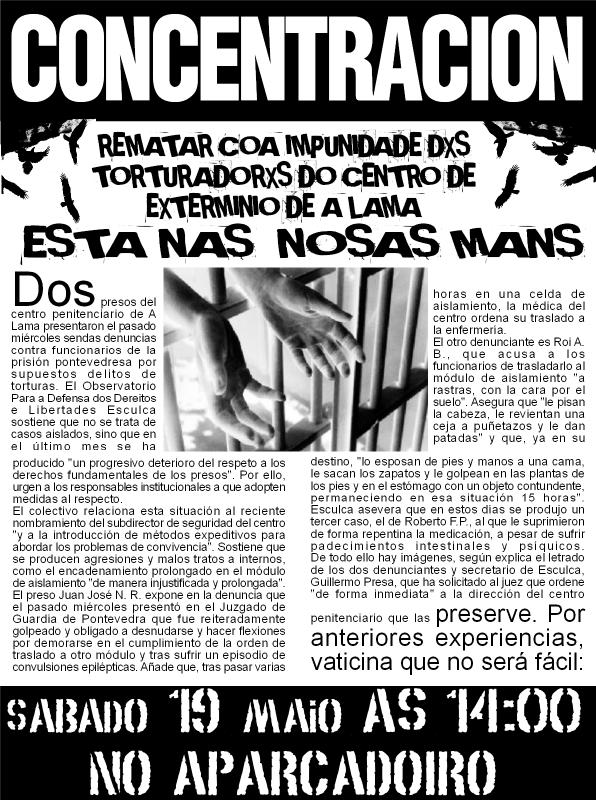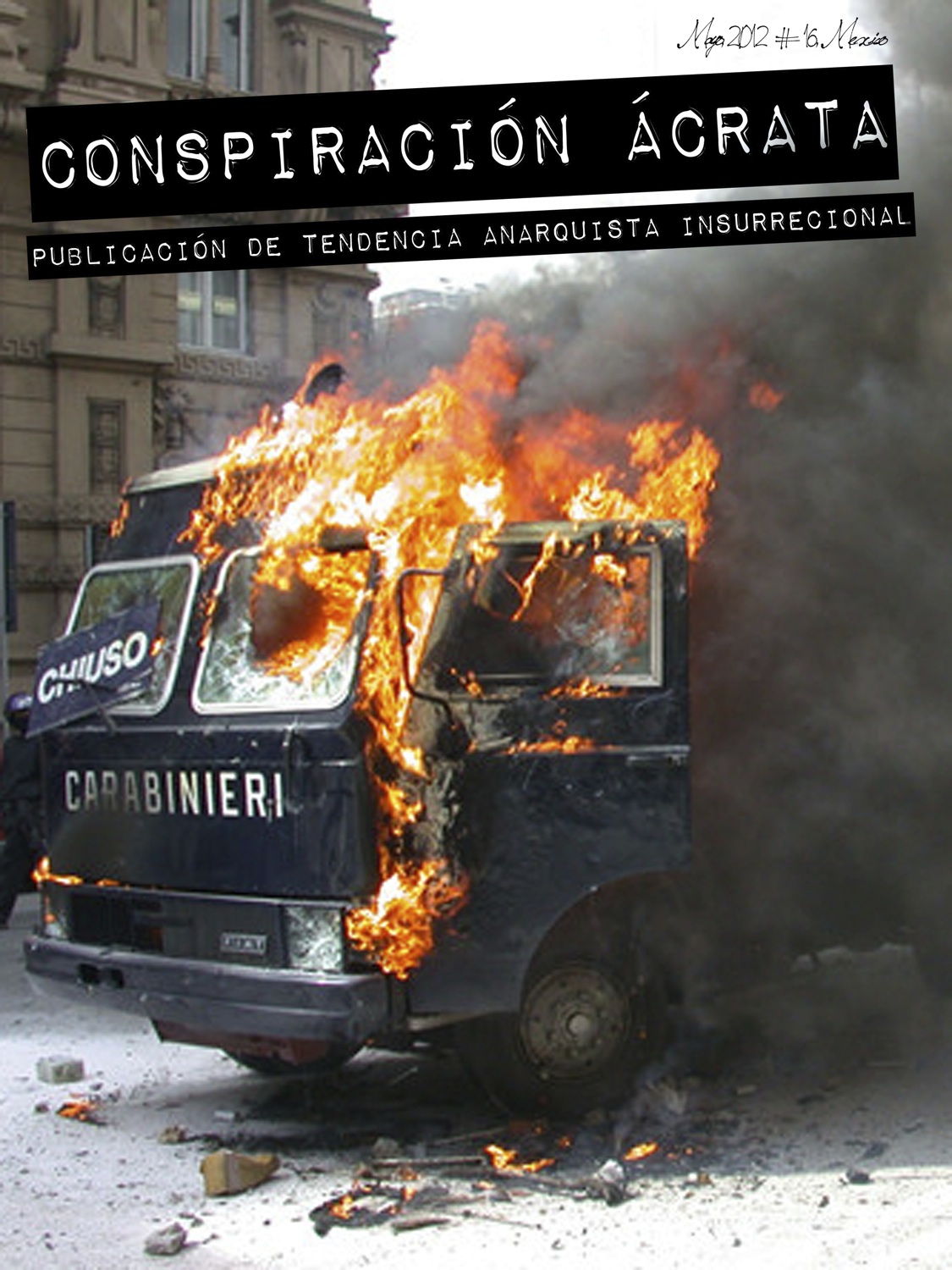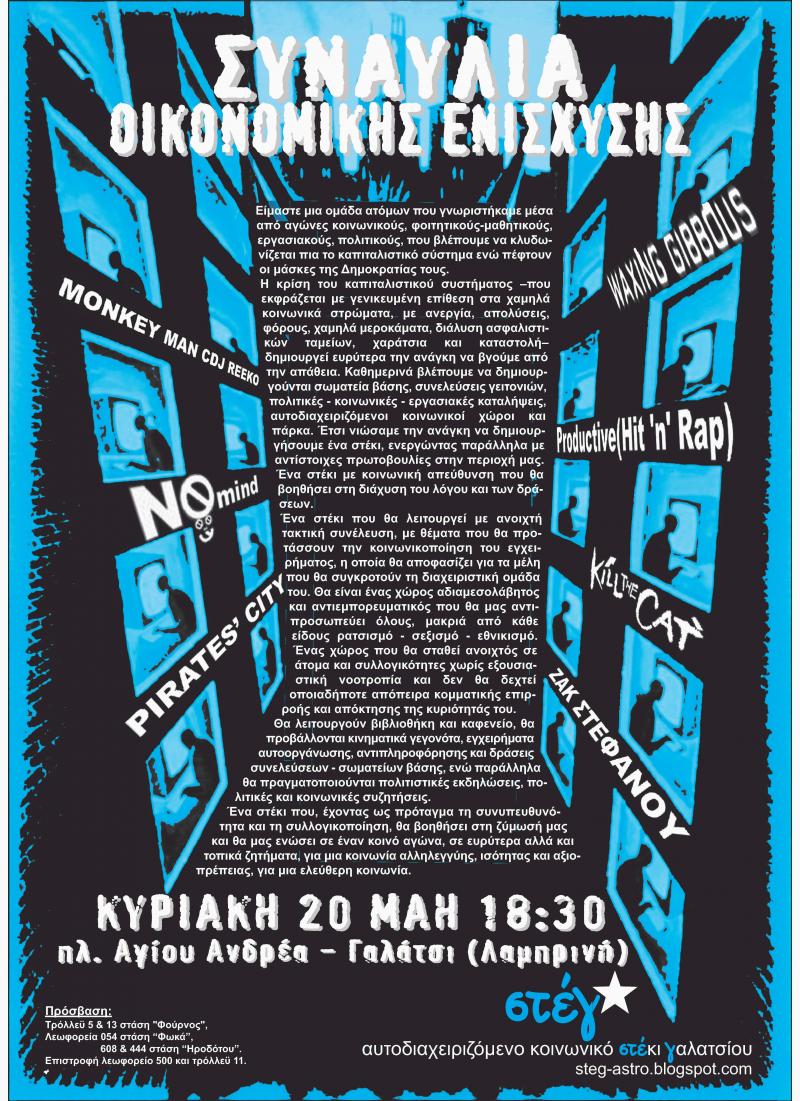
TerraSelvaggia is an Italian eco-anarchist paper, which made this interview with Russian Campaign to Defend Khimki Hostages last September. Paper issue came up some time ago after the usual delays, so now it is time for online publication. Keep in mind, that this interview reflects the situation in Russian society last September – before the recent massive protest against election fraud. Now much has changed since then, but much is still the same. Enjoy!
For the beginning, about us, so that you know from which perspective we are talking.
S2W is an anarchist, participator of the Autonomous Action and “Campaign to Defend Khimki Hostages”. Yaroslav Nikitenko is an eco-activist, who campaigns for the Khimki forest amongst other issues. We both write in personal capacity only. “Campaign to Defend Khimki Hostages” is (was) an initiative separate from the general Khimki forest campaign, although Campaign to Defend Khimki Hostages cooperates closely with the forest campaign.
Which is the current situation of the struggle in Khimki and the situation of those who have been hit by repression?
S2W: With the forest, situation is unfortunate, but with those who have been hit by repression, it is not so bad.
While writing this, forest has been cut from whole length of the Khimki forest, and engineering works of the road construction are underway, while logging is proceeding to North-West direction.
Of course there is still a lot of forest that could be saved, as when road has been built, developers will target the area surrounding the road during years to come.
As for the repression, Alexey Gaskarov got charges dropped against him, and he is currently pursuing for compensations for time spent in jail. Maxim Solopov got a probational sentence, which could be claimed as a victory as well, although Maxim will appeal against his sentence. Brother of Maxim, Denis, has was granted asylum status in Netherlands, and is currently living there. So we have passed the most urgent problems with the people who have been persecuted for the radical demonstration at the Khimki city administration last year. So Campaign to Defend Khimki Hostages is now dormant, but we will of course wake it up if new arrests or repressions emerge.
Yaroslav Nikitenko: Now the construction is in progress. People organised in a camp in the Khimki forest and every day they come to stop works. Activists often got beaten by private security protecting the loggin, police is inactive. While they are not able to stop the construction, they are slowing that significantly. However, the clearing for the route will be only percents of the whole forest area. The most danger comes from the existing route with its noise, chemical pollution, killing of animals, logging is not the main problem. The road will not be constructed in less than 3 years, that's why it is very likely to stop the project during that time due to the possible rapid changes in Russian economical and political situation. A possible crisis may halt all construction, as due to the tremendous corruption Russian budget is getting poorer and poorer.
We know that repression is right now particularly hard, we could hear that Ilya Borodaenko was killed during the eco- camp in July 2007, could you give us a general overview to better understand the level of tension in the struggle?
S2W: I do not think there is any general level of repression or tension in Russia, it is all particularities, depending on the conflict in question and local authorities.
Angarsk camp in 2007 and repression in Khimki are for sure amongst the worst cases of repression against ecological activist during the last few years. In Khimki, goons have targeted a number of critics of local administration – journalist Mikhail Beketov is still seriously disabled after being assaulted in November of 2008 and left to die, in November 2010 oppositional politician Konstantin Fetisov was seriously injured after an assault. Another journalist, Anatoli Yurov, was assaulted several times until he deceased for natural reasons last december – for example in 2008 he was stabbed 8 times in one assault. Anti-corruption activist Albert Pchelintsev was shot to mouth with a rubber bullet in 2009, other assaulted activist include Alexander Parfenov and and Vitali Kapytsev.
Recently there has been a number of arrests in Khimki connected to assault against Fetisov, arrested people used to work for the city administration – hopefully these developments help to finish with the reign of terror in this Moscow suburb. If it happens, it is for sure not only result of efforts of government authorities, but also of activists in Russia and abroad.
Which are the natural features of the Khimki forest's ecosystem? What would mean, in terms of damages to biodiversity, the highway construction project?
S2W: Khimki forest is home for a number of endangered species, listed in so called “red book”, which is a list of endangered species maintained by Russian authorities. According to Russian society for protection of birds, these include at least two bird species and 12 different plants.
However, for many it is first and foremost it is a social-ecological struggle, a struggle for remaining green areas in immediate vicinity of a huge megalopolis, against relentless urban development and automobilisation.
Yaroslav Nikitenko: In the Khimki forest there are three planned specially protected natural areas: an oak grouve, where oaks exist hundreds years, a unique mesotrophic swamp (we khow about the Ramsar convention denoting swamps as very precious ecosystems) and the bed of the river Klyazma, which serves as a natural corridor for big animal migration. On the swamp very precious animals and plants were found, including those from the Red Book of extremely rare species. The whole Moscow to St. Petersburg toll motorway is placed in a very anti-ecological way, destroying the forests practically on all its continuation: after Khimki it is destroying Solnechnogorsk forests
(http://khimkiforest.org/news/battle-khimki-forest-goes-wider), and then it is supposed to come through a national park "Zavidovo". Ecologists say that the route will destroy very precious lands, and also it goes right on the water-parting of the North of Moscow region, thus worsening the water for millions of people.Another point apart from ecology is that the route also comes over the mass-graves of the 20th century - in the Khimki forest many prisoners of Stalin's GULAG are buried, and in Myasnoy Bor close to St. Petersburg there is is mass grave of soldiers of the Second World War.
How you would describe the relevance of the actions of solidarity in Russia and abroad for the struggle itself?
S2W: For sure they are a big moral boost for local activists. In Russia, it is in general difficult to mobilise a large amount of people for anything, and in Khimki in particular, although local people have much sympathy for the struggle, vast majority are way too afraid to join even simple pickets (which are often banned and harrassed in the city). Khimki has become an issue much due to wideness of the support in terms of geography.
We read on Russian independent counter-information websites that “the Khimki case is much more than a simple case of protection of the forests”, but it is an important record, considering that it is one of the few realities of conflict inside a system of dominion in which, in an explicit way, economical and political oligarchies, judiciary forces, police and neo-fascists are co-operating into the conservation of an extremely precarious social balance and we heard of severe aggressions against activists from nazi-fascist elements. Could you help us to better elaborate this aspect inside the social context in which the Khimki struggles developed themselves?
S2W: The fact that so many aspects are interlinked in Khimki, is definitely the reason for many people to pick up the issue. Huge amount of people from human rights, anti-fascist, leftist, anarchist and general oppositional spectrum have joined, who in other cases give to environmental issues a low priority or no priority at all. Action in 28th of July last year would never have taken place, if developers did not provoked the whole anti-fascist community by hiring fascist football hooligans as enforcers.
However, it would be kind of exaggeration to call that “a cooperation for the sake of conservation of social balance”, as fascists are having a purely material interest here. They do not care about social order or the road, they just came for the money and did their job, much more cleanly than they did it in Angarsk – there are some hints, that they were hired back then in Angarsk as well, but unlike in Khimki, no conclusive proof.
More “idealistic” end of the ultra-right spectrum is actually into defending the forest. This has also resulted big conflicts among the defenders of the forest, as some naively think that you may cooperate with anyone for a “common cause”.
Also, I would not agree, that “social balance” in Russia is “extremely precarious”. In contrary, current regime has become increasingly stable, having survived the current economic crisis way better than West, and becoming increasingly legitimate in eyes of the society. Of course, current social order is completely unsustainable, and will come to end in few decades, in a way or another. However, I do not think Russian system will be amongst the first ones to collapse.
Which is the general situation of the ecologist movement in Russia? Could you summarize the history of the movement and describe the different parts that compose it? Which is the level of debate and the present approach regarding contents-subjects?
S2W: This is a question worth of writing a book, but not a book I would ever write. And I do not know who would, as Russian ecological movement is a very under-researched topic, only one author – sociologist Oleg Yanitsky comes to my mind, and his overtones are rather pessimistic and cynical.
Very roughly, I would divide recent (last 25 years) history to 4 periods:
1.Perestroika 1986-1991. This is characterised by emergence of the ecological movement as an independent social force, with a scale of mass protests seen never before or after. In general context of the Soviet Union, in many now independent republics, the whole independence movement often grew out from ecological movement – in Lithuania in protests against Ignalina nuclear plant, in Estonia protests against exploitation of Oil Shale, in Chechnya it was problems related to oil refinery industry, and so on. Back then, biggest demonstrations against nuclear power gathered more than hundred thousand people in Moscow.
2.Crisis of the movement period from 1991 to circa 2005. This is characterised by collapse of mass ecological movements (and pretty much any social movements whatsoever), replaced by professionalist NGO's, but to a lesser extent also by radical ecological Rainbow Keepers movement. However towards turn of the new millenium, both NGO's and Rainbow Keepers started to wane NGO's because of increasing state pressure, and also because their Western sponsors became less and less enthousiastic to send money as they figured out no drastic and quick changes are to be gained in Russia. And increasing average wages made it more and more difficult to maintain paid staff solely wih foreign grants.
3. Third period is localization from circa 2005 to circa 2010. Eventually, formerly most important ecological umbrella organisation in the former Soviet Union, Socio-Ecological Union, had to close their Moscow central office alltogether and only maintain a network of local organisations with a low level of cooperation. Greenpeace survived better due to their more centralistic, hierarchical and financially independent model, however Russian office is often keen to pick up less controversial topics, as more confrontational attitude may lead to its closure. However when they prefer not to be in the forefront of some issue (such as with the Khimki forest), they often provide important support behind the curtains. Rainbow Keepers pretty much ceased to exist for other reasons, a combination of personal issues aggravated by their organisational structure. For a good documentary of Rainbow Keeper model of action, check out documentary “No Pasaran”, available in a torrent here. http://onebigtorrent.org/torrents/4584/No-Pasaran
In Moscow, not only most important ecological issue, but most important social conflict whatsoever was conflict against “urban densification”, attempts of developers to take over minor urban parks and yards. Before the current economic crisis, there were over 600 initiative groups in Moscow, tackling with their local problems, most of these just a handful of people, but protests were often attended by hundreds of people and at times they grew to riots. Originally Khimki campaign began as a group very similar to all of the others. And similar kind of struggles popped up in pretty much every Russian city with more than few hundred thousand inhabitants.
During this period, there were also more general topics, such as protection of lake Baikal - against a projected pipeline route and a pulp mill - first campaign was succesful whereas the second one not(this far). Another topic is the Black Sea rim, for example Utrich region, the whole region is under a constant pressure due to transport of raw materials and touristic developments. But although there were protests around these topics all around the country, big picture is the same – local problems with significiant social framework are what gets people mobilised. Global issues, such as climate, are pretty much non-existing in Russian ecological spectrum.
4. Khimki and post-Khimki era, since 2010 onwards. It is yet early to say where are we going now, but at least there is a new drive for networking and for recreating kind of structures, which got collapsed in prior of 2005. Of course, any structures have also a potential for abuse, so we will see wether this will be a good or bad.
Which you think are the main features and the important sources of inspiration, coming from the struggle in defense of the Khimki forest, that could enrich and improve the heritage of the whole radical-ecologist movement?
S2W: Of course, as the situation with the forest is what it is, one may not celebrate a victory. But still, for us it was a completely new level of struggle, and also a very important experience on how to defend our comrades.
And Khimki conflict is not anything much particular, there are hundreds of similar issues all around the Russia. Khimki became a symbol of many things for a number of reasons, but pretty much just due to stubborness and commitment of the people, who kept pushing for the issue. Maybe the most important lesson is, that there are no “big issues” and “small issues”, any issue may become big if you make it so.
http://avtonom.org/en/news/interview-campaign-defend-khimki-hostages-terraselvaggia









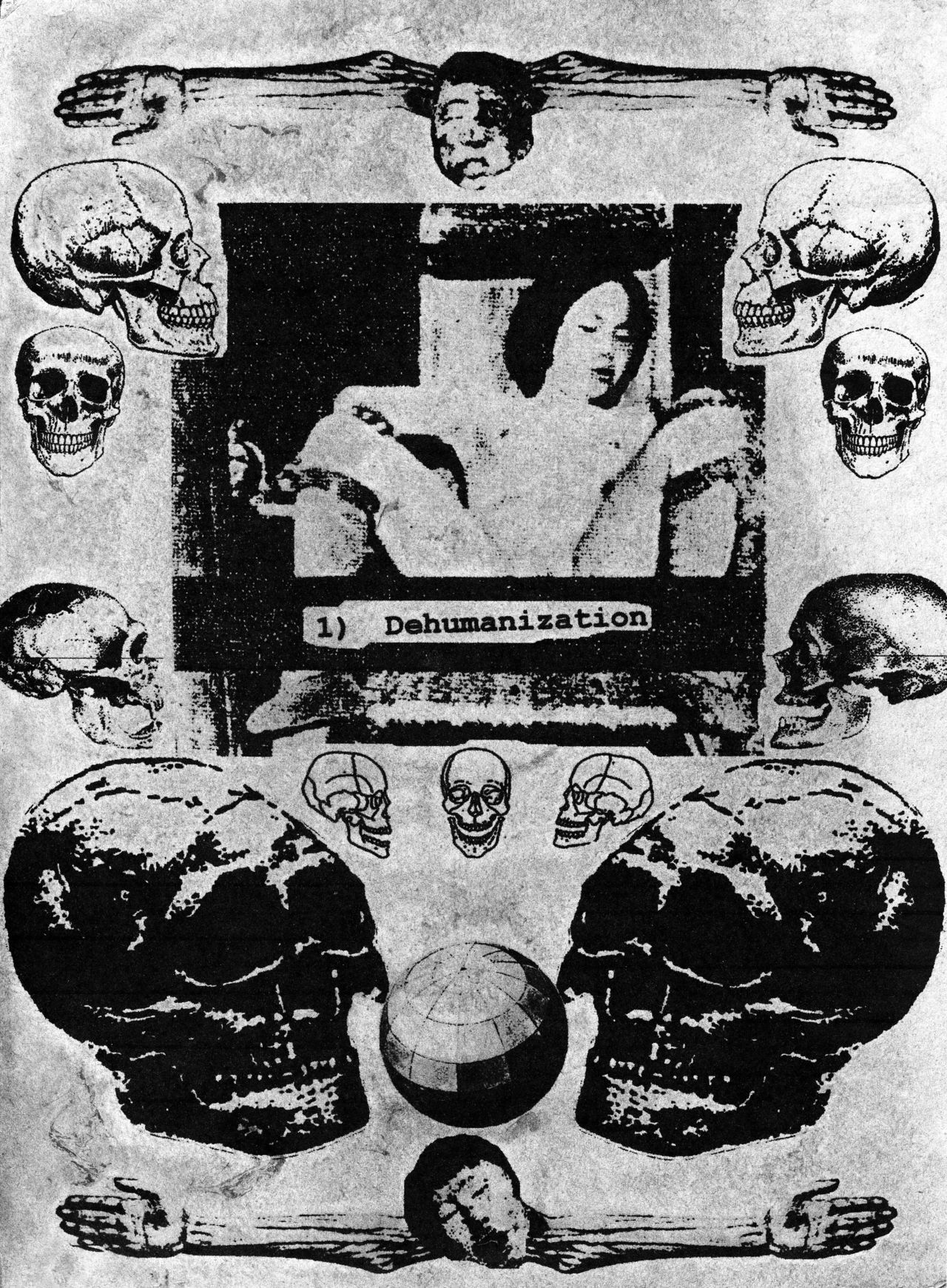



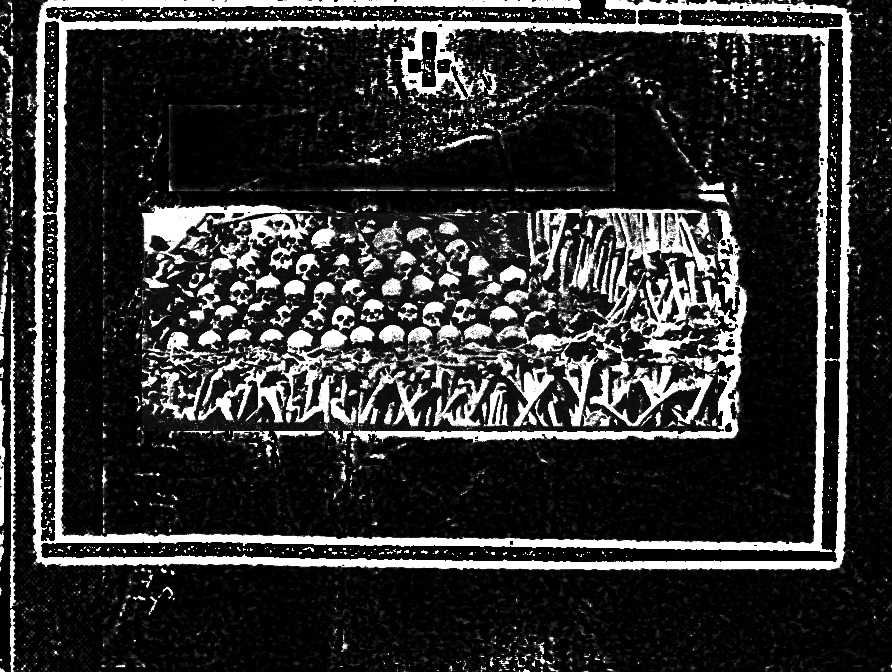
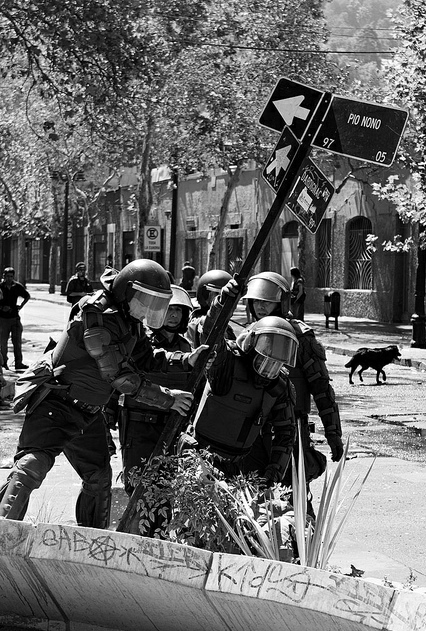



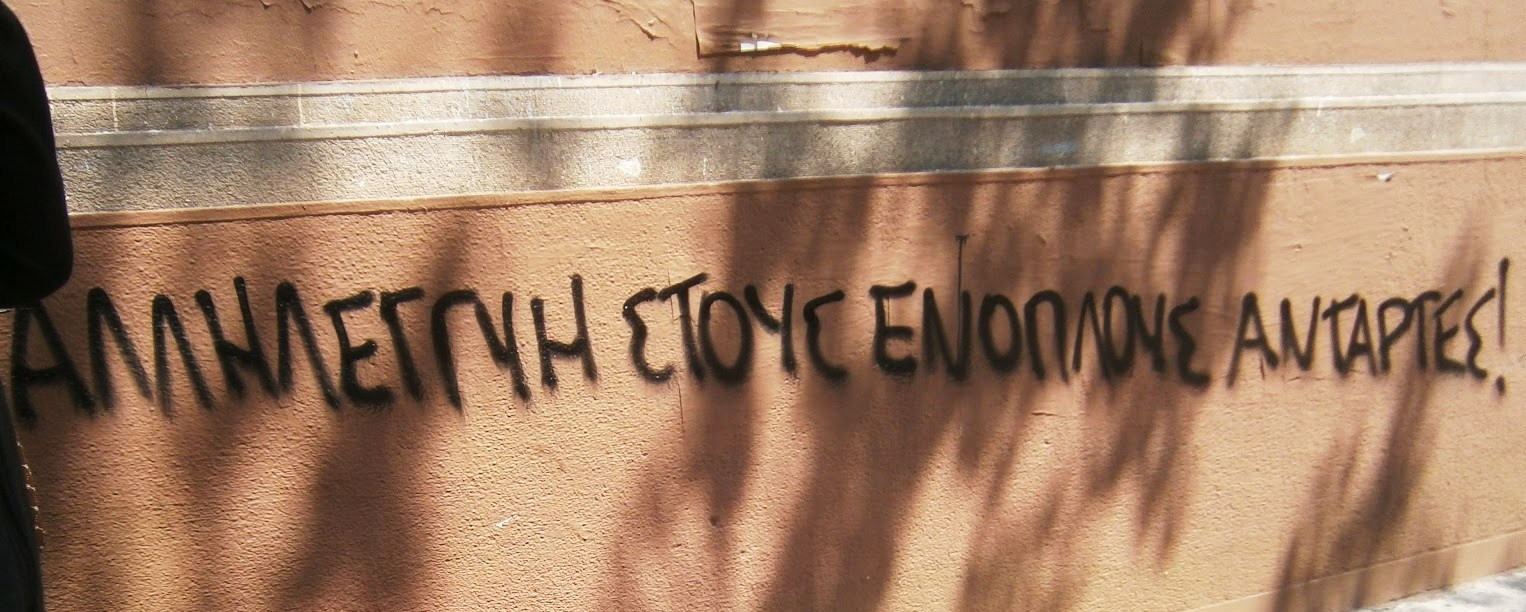

![Eurorepressione - Sulla conferenza a Den Haag sul tema "Anarchia" [corretto]](http://25.media.tumblr.com/tumblr_m0jvngOXtY1qa2163o1_1280.jpg)
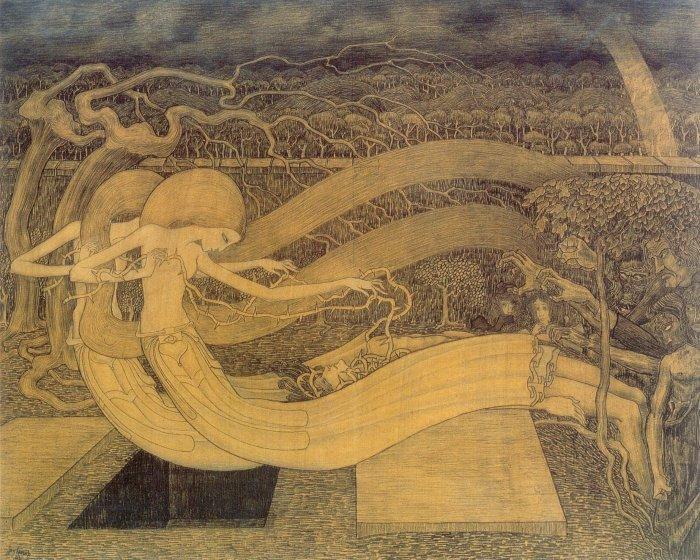
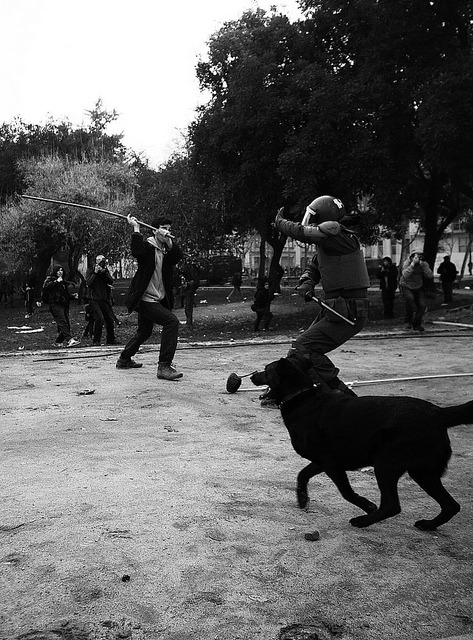
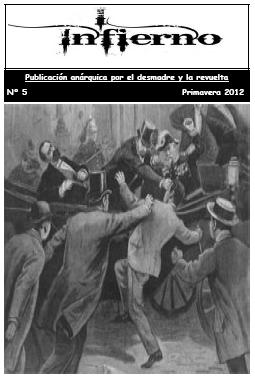
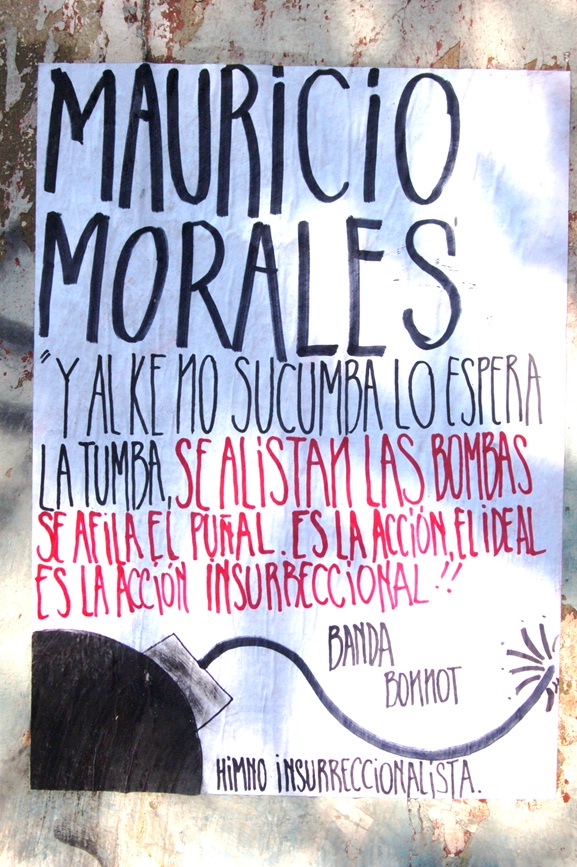
![A tres años de la Partida de Mauricio Morales: De la Memoria a la Calle [Stgo.]](http://metiendoruido.com/wp-content/uploads/2012/05/mmacividad.jpg)
